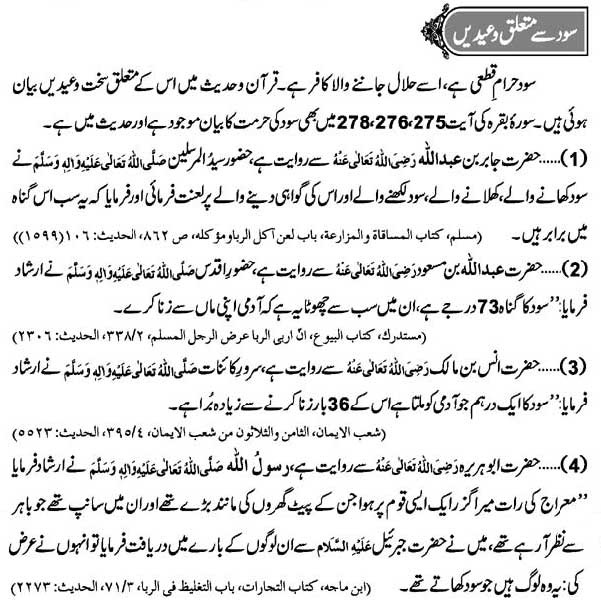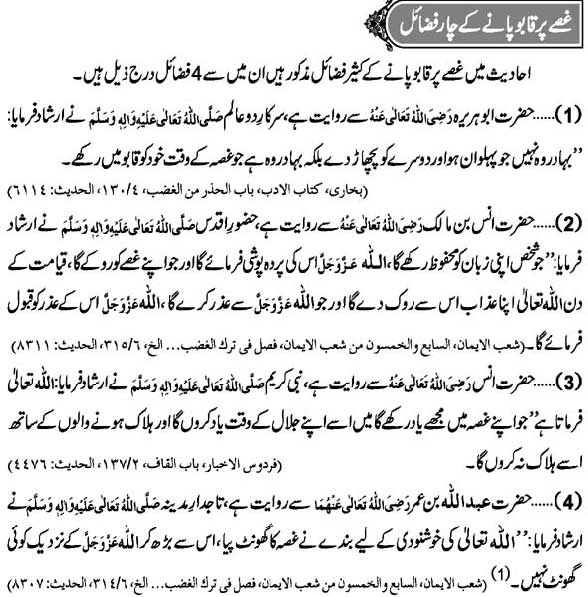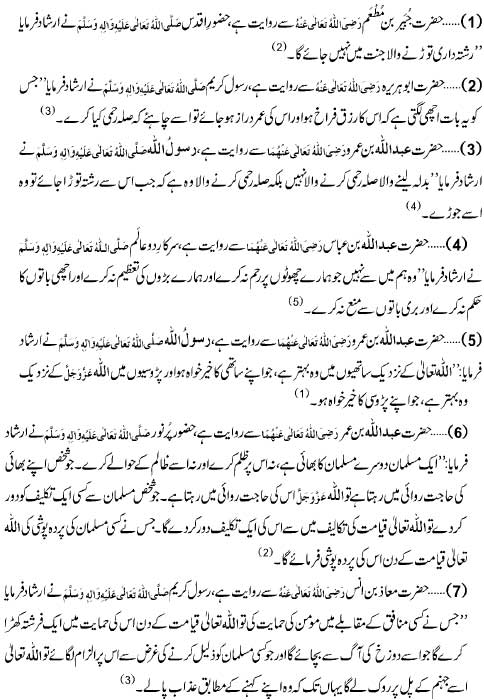Once upon a time a little candle stood in a room filled with other candles, most of them much larger and much more beautiful than she was. Some were ornate and some were rather simple, like herself. Some were white, some were blue, some were pink and some were green. She had no idea why she was there, and the other candles made her feel rather small and insignificant.
When the sun went down and the room began to get dark, she noticed a large man walking toward her with a ball of fire on a stick. She suddenly realized that the man was going to set her on fire.
“No, no!!”, She cried, “Aaaaagghhh! Don’t burn me, please don’t burn me!!” But she knew that she could not be heard and prepared for the pain that would surely follow.
To her surprise, the room filled with light. She wondered where it came from since the man had extinguished his fire stick. To her delight, she realized that the light came from herself.
Then the man struck another fire stick and, one by one, lit the other candles in the room. Each one gave out the same light that she did.
During the next few hours, she noticed that, slowly, her wax began to flow. She became aware that she would soon die. With this realization came a sense of why she had been created.
“Perhaps my purpose on earth is to give out light until I die”, she mused. And that’s exactly what she did.
Lord created you and me to produce light in a dark world. Like that little candle, we all can produce the light and enlighten the world, no matter how small we are or of what color we might be. But we can’t produce light until we receive it from an outside source. And that source of light is ‘ALLAH’, our Lord, the creator of the world.




